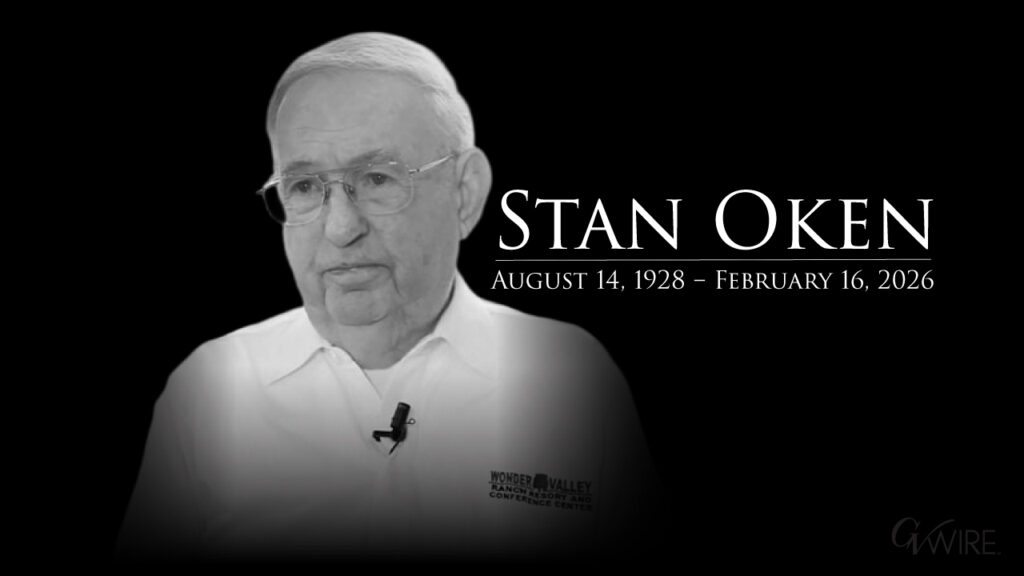Share
WASHINGTON — A strong majority, 74%, of U.S. business economists appear sufficiently concerned about the risks of some of President Donald Trump’s economic policies that they expect a recession in the U.S. by the end of 2021.
Another 38% of those polled predicted that recession will occur next year, down slightly from 42% in February. Only 2% of those polled expect a recession to begin this year.
In February, 77% of the economists expected a recession either this year, next year or in 2021.
A strong economy is key to the Republican president’s 2020 re-election prospects. Consumer confidence has dropped 6.4% since July.
Trump has dismissed concerns about a recession, offering an optimistic outlook for the economy after last week’s steep drop in the financial markets. He said Sunday, “I don’t think we’re having a recession. We’re doing tremendously well. Our consumers are rich. I gave a tremendous tax cut and they’re loaded up with money.”
Trump’s Tariffs, Higher Budget Deficits Could Dampen the Economy
While the economists in the NABE survey generally saw recession coming later than they had in February, the latest survey was taken between July 14 and Aug. 1 — before the financial markets last week signaled the possibility of a U.S. recession. Stock markets around the world shuddered as the White House announced 10% tariffs on an additional $300 billion of Chinese imports, the Chinese currency dipped below the seven-yuan-to-$1 level for the first time in 11 years and the Trump administration formally labeled China a currency manipulator.
The 226 economists responding work mainly for corporations and trade associations.
The economists have previously expressed concern that Trump’s tariffs and higher budget deficits could eventually dampen the economy.
The Trump administration has imposed tariffs on goods from many key U.S. trading partners, from China and Europe to Mexico and Canada. Officials maintain that the tariffs, which are taxes on imports, will help the administration gain more favorable terms of trade. But U.S. trading partners have simply retaliated with tariffs of their own.
Economists Surveyed by the NABE Were Skeptical
Trade between the U.S. and China, the two biggest global economies, has plunged. Trump decided last Wednesday to postpone until Dec. 15 tariffs on about 60% of an additional $300 billion of Chinese imports, granting a reprieve from a planned move that would have extended duties to nearly everything the U.S. buys from China.
As a whole, the business economists’ recent responses have represented a rebuke of the Trump administration’s overall approach to the economy.
Still, for now, most economic signs appear solid. Employers are adding jobs at a steady pace, the unemployment rate remains near a 50-year low and consumers are optimistic. U.S. retail sales figures out last Thursday showed that they jumped in July by the most in four months.
The survey showed a steep decline in the percentage of economists who found the $1.5 trillion in tax cuts over the next decade “too stimulative” and likely to produce higher budget deficits that should be reduced, to 51% currently from 71% in August 2018.
RELATED TOPICS:
Categories

The Birth Rate Is Plunging. Why Some Say That’s a Good Thing

Bill Clinton to Lawmakers Investigating Epstein: ‘I Saw Nothing’

Mac the Cat Is Guaranteed to Spice Up Your Life

















